Table of Contents
In just two years, the Middle East has witnessed a dramatic rise in Israel’s cross-border military strikes. Gaza, the West Bank, Syria, Lebanon, Iran, and Yemen have all been targets, turning the region into a mosaic of bomb craters, fractured sovereignty, and rising resentment. While Israel continues to justify its actions under the banner of “self-defense” or “targeted precision,” a growing number of observers—especially in the Arab world—are questioning whether the country will ever be held accountable for its escalating military posture.
This blog explores the scale, motivations, international reactions, and long-term implications of Israel’s cross-border operations—and asks the urgent question: will Israel ever face meaningful blowback?
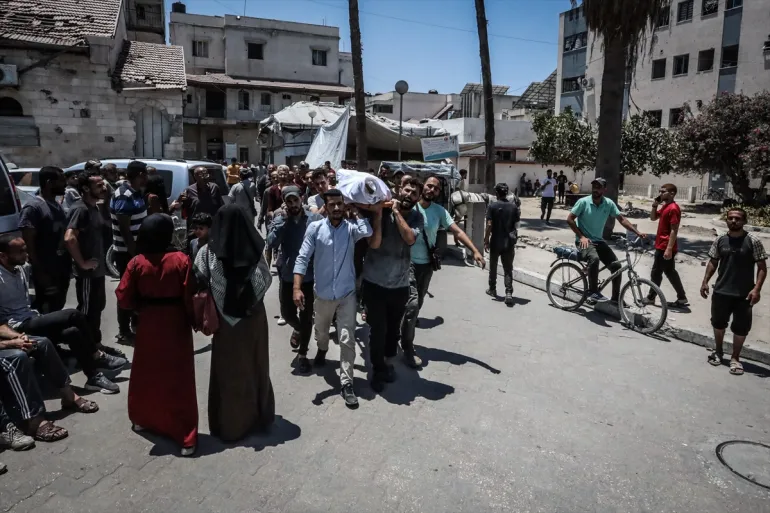
A String of Strikes Across the Region
In just the past few months, Israel has:
- Bombed Syrian territory, including the Ministry of Defense in Damascus and nearby presidential compounds.
- Launched airstrikes in Lebanon, targeting Hezbollah strongholds under the pretext of pre-emptive defense.
- Attacked Iranian air defense systems, citing nuclear proliferation risks.
- Struck Houthi-controlled positions in Yemen, claiming retaliation for missile launches from the region.
- Continued its devastating war on Gaza, killing over 30,000 Palestinians to date, including thousands of children and aid workers.
In every case, Israel has justified its actions as necessary to safeguard national security. However, critics argue that the repeated use of force has blurred the distinction between defense and aggression.
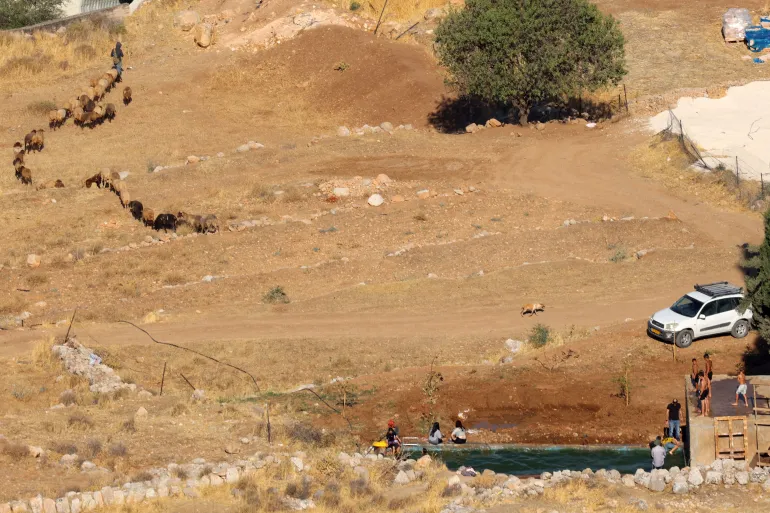
The Justifications and the Skepticism
Israel’s official explanations vary by target:
- In Syria, it claims to be defending the Druze minority from government or militia violence.
- In Lebanon, the focus is on Hezbollah, which Israel designates as a terrorist threat.
- In Iran, the strikes are framed as part of an ongoing effort to prevent Tehran from developing nuclear weapons.
- In Yemen, the attacks are retaliatory, responding to drone and missile launches by Houthi forces.
But for many in the region—and increasingly, around the world—these justifications are wearing thin. The broader Arab public increasingly views Israel not as a reactive state under siege, but as an aggressive regional power using military force as its first, rather than last, option.

Gaza: The Epicenter of Destruction and Despair
The war in Gaza continues to be the bloodiest chapter. Since the October 2023 escalation, Israel has carried out relentless bombardments. In recent weeks alone, more than 900 Palestinians—many of them aid seekers—have been killed near food distribution sites. Hospitals are overwhelmed. Malnutrition is rampant. Babies are dying of hunger. UN agencies have warned of famine, yet humanitarian trucks are being delayed or denied entry.
In scenes hauntingly reminiscent of wartime starvation, parents have resorted to giving children water mixed with salt or nothing at all. Leaflets dropped over cities warn residents to evacuate, only for those “safe zones” to be targeted again. International outrage is mounting—but political consequences remain elusive.

International Response: Condemnation Without Consequence
While there have been global expressions of concern and condemnation—from the United Nations, humanitarian groups, and even U.S. allies like France and Japan—these statements have not translated into meaningful action. Sanctions? None. Arms sales restrictions? Not imposed. Diplomatic isolation? Far from it.
U.S. support for Israel remains unwavering. Washington continues to supply arms, intelligence, and diplomatic cover, especially at the UN Security Council. This backing has emboldened Israel, allowing it to operate with near-impunity.
Even in Syria, after Israel bombed Damascus, Washington’s focus was not on condemning the strike, but on managing the fallout diplomatically. A U.S.-brokered ceasefire helped pause the violence between Druze and Bedouin factions in Suwayda—but failed to address the root of Israel’s growing militarism.
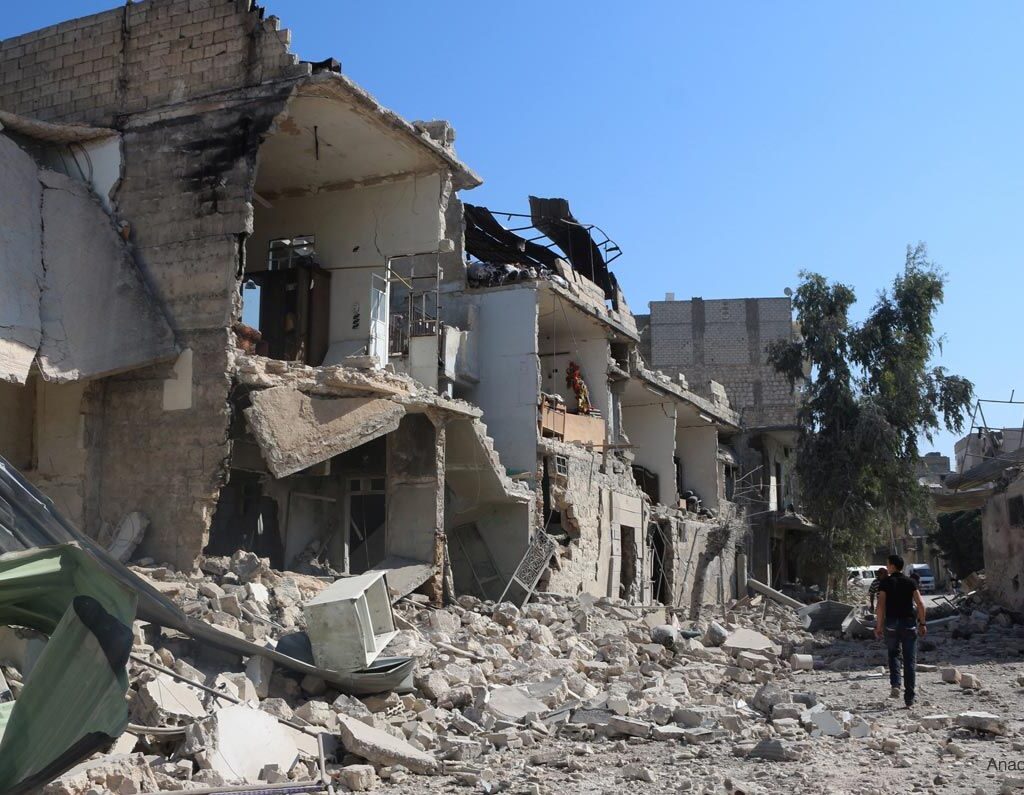
Regional Ramifications: A Growing Rift
Israel’s actions are not occurring in a vacuum. They are reshaping alliances, triggering arms buildups, and raising the specter of broader regional war.
- Arab Gulf states, once inching toward normalization with Israel, are now pulling back or hedging their bets by re-engaging with Iran.
- Lebanon’s Hezbollah remains a wildcard, with its vast arsenal and growing popular support.
- Yemen’s Houthis, though battered, are proving resilient—and increasingly capable of striking Israel-linked targets in the Red Sea.
- Iran, though targeted and weakened, is shifting strategy—moving away from nuclear escalation and toward regional asymmetric response.
This escalation threatens not only lives but the region’s fragile economic ambitions. Vision 2030 projects in Saudi Arabia, UAE’s tech diplomacy, and Egypt’s infrastructure overhaul all rely on some level of regional stability, now hanging in the balance.
The Cost in Human Lives and Livelihoods
Beyond geopolitics, there is the undeniable toll in human suffering:
- In Gaza, children are dying of starvation. Parents are risking their lives to retrieve flour. Aid seekers are being targeted at distribution sites.
- In the West Bank, Israeli settler violence has reached new heights, including attacks on water infrastructure to drive Palestinians off ancestral land.
- In southern Syria, civilians remain caught between Israeli airstrikes, Druze militias, and government crackdowns.
The UN has warned that Gaza is “on the brink of a catastrophic humanitarian collapse.” But so far, these warnings have been met with indifference or inaction by powerful global actors.
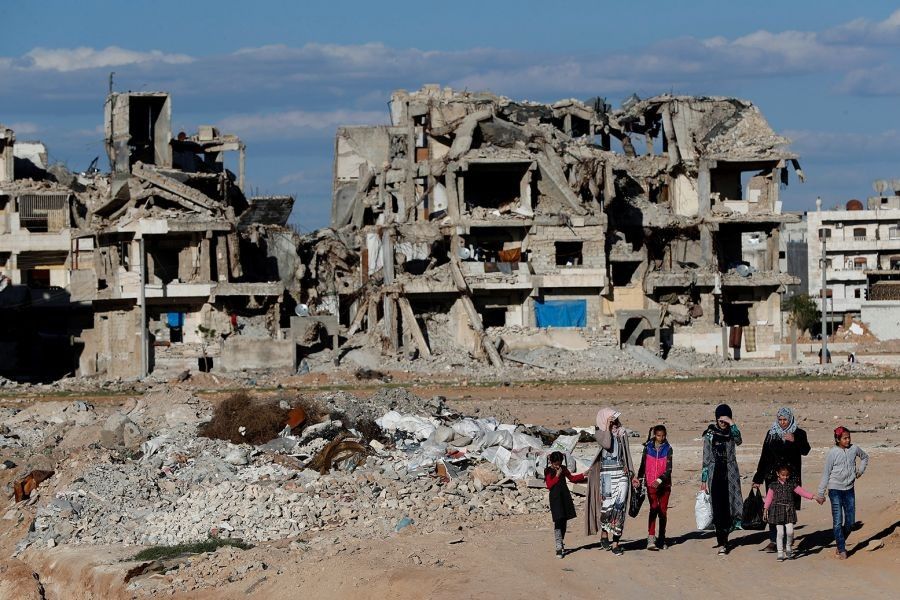
Will There Be Blowback?
So far, Israel has largely avoided blowback for its regional military strikes. But several emerging dynamics suggest this may not last:
- Shifting public opinion in the West, particularly among young people and progressive voters, is increasingly critical of Israel’s policy.
- Legal challenges at international courts, including genocide charges at the ICJ, are gaining visibility, even if verdicts remain symbolic.
- Rising resistance across the region—from militant groups, local uprisings, or asymmetric actors—may eventually force Israel to reconsider its strategy.
- Fractures within Israeli society are growing, as families of hostages, anti-war protesters, and reservists question the endless conflict.
The seeds of accountability may be slow to germinate, but they are being sown.
Conclusion: The Power of Accountability and Global Awareness
Whether Israel will face genuine consequences for its regional actions remains uncertain. But what is clear is this: the era of unquestioned impunity may be nearing its end.
The international community must decide whether principles like human rights, state sovereignty, and the laws of war apply universally or only selectively. If the answer is the former, then accountability cannot be delayed indefinitely.
For the people of Gaza, Syria, Lebanon, Yemen, and beyond, justice is not an abstract idea—it is the difference between life and death, between dignity and despair.
Until meaningful accountability is enforced, the bombs may keep falling—but so will the world’s moral standing.
Follow more updates at worldaffair.org
Author Profile

- Li Li, associate professor and master’s supervisor at Southwest University. B.A. in English for Education from Southwest Normal University, M.A. in English Translation and Interpretation from China Foreign Affairs University, Ph. D. in Japanese Cultural History from Nankai University (all above are in China). Also has studied at Osaka Sangyo University and Kokugakuin University in Japan and been a Fulbright visiting scholar to Western Kentucky University in US. A multidisciplinary and versatile instructor with a trilingual mastery of Chinese, English and Japanese, known for Combining foreign language teaching with history and humanity cultivation. Academic researches center on Japanese history, international relations and Western culture studies. Work experiences include teaching at Capital Normal University, Chongqing Normal University, and Southwest University. Has published multiple academic papers, translated works, authored or co-edited several textbooks and monographs; provided language services for several high-level and high-profile international events.
Latest entries
 PoliticsSeptember 7, 2025Japan’s Prime Minister Shigeru Ishiba Resigns Amid Election Defeats:What’s Next for Japan?
PoliticsSeptember 7, 2025Japan’s Prime Minister Shigeru Ishiba Resigns Amid Election Defeats:What’s Next for Japan? GeopoliticsAugust 22, 2025The Limits of Russia’s Friendship: Moscow’s Calculated Response to the Iran Crisis
GeopoliticsAugust 22, 2025The Limits of Russia’s Friendship: Moscow’s Calculated Response to the Iran Crisis Japanese PoliticsJuly 22, 2025Japan’s Upper House Election: Prolonged Instability and Its Impact on Domestic and Foreign Policy
Japanese PoliticsJuly 22, 2025Japan’s Upper House Election: Prolonged Instability and Its Impact on Domestic and Foreign Policy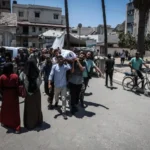 Middle East AffairsJuly 20, 2025Will Israel Ever Face Consequences for Bombing Its Neighbours?
Middle East AffairsJuly 20, 2025Will Israel Ever Face Consequences for Bombing Its Neighbours?


2 comments
You are my inspiration, I have few web logs and rarely run out from brand :). “Fiat justitia et pereat mundus.Let justice be done, though the world perish.” by Ferdinand I.
Great V I should certainly pronounce, impressed with your website. I had no trouble navigating through all the tabs and related information ended up being truly easy to do to access. I recently found what I hoped for before you know it at all. Reasonably unusual. Is likely to appreciate it for those who add forums or anything, web site theme . a tones way for your client to communicate. Nice task..